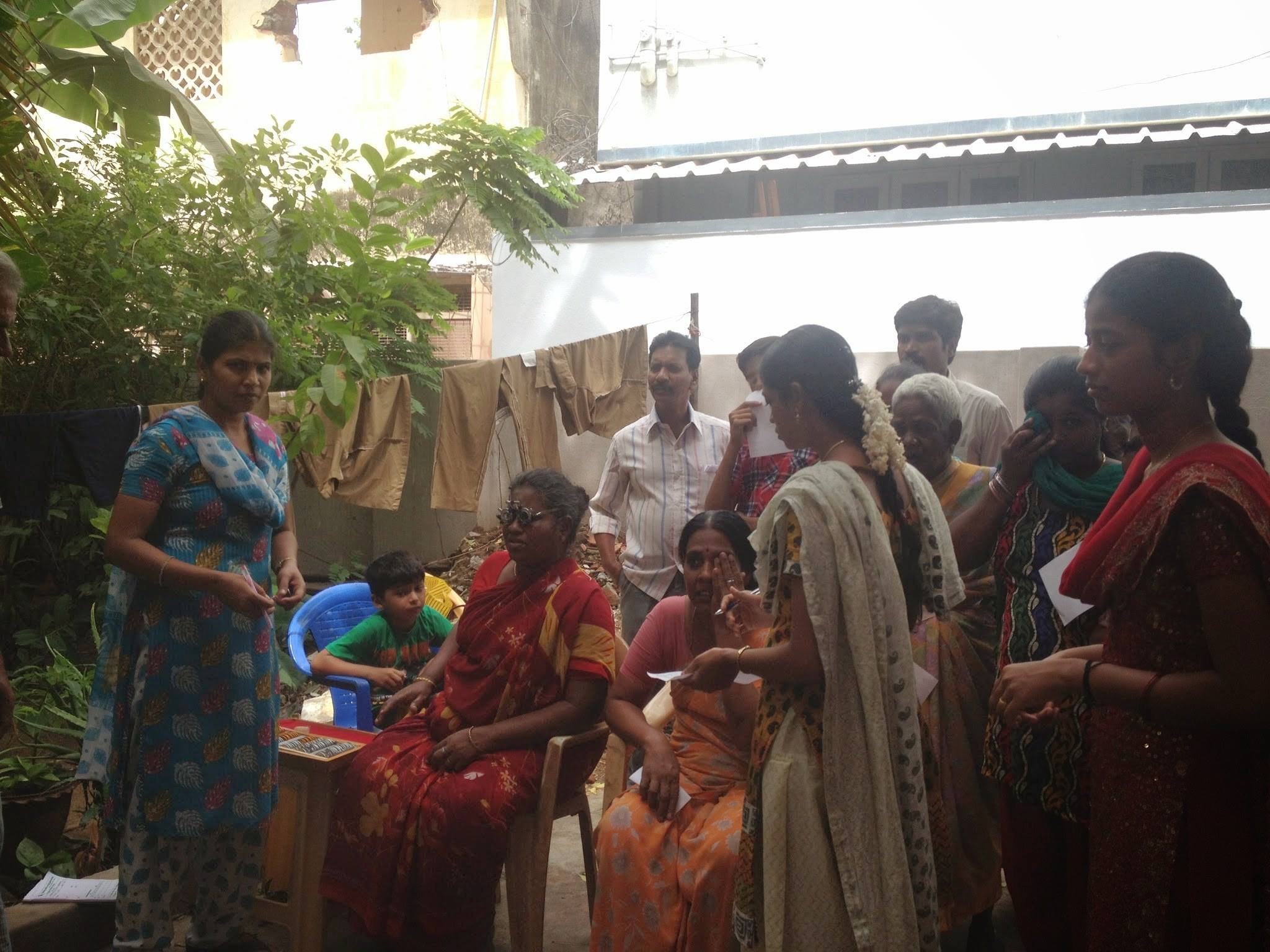
Certificate in Global Health Practice
Module 2: International Development and Capacity Building
Broadly defined, international development refers to foreign governments, NGOs, or multinational organizations investing in low- and middle-income countries with the intention of creating sustained improvement in quality of life. Local capacity building is the process through which this sustained improvement is carried out. Building local capacity involves supplying developing communities with the equipment, facilities, resources, skills, and knowledge to thrive in the long term.
In the realm of global health, there are several essential components of sustainable international development:
Partnerships
International development must involve collaboration between global health organizations and local communities. Before capacity building can begin, local leaders and healthcare personnel must be identified and invited on board.
Investment
Community health development cannot occur without a solid health infrastructure. To begin capacity building, global health organizations must invest in the proper equipment, facilitate transportation, and provide other key resources to make healthcare delivery possible.
Empowerment
In addition to securing a health infrastructure, global health organizations must recruit and train local community members and health workers. Follow-up care, ongoing care, outreach, and long-term sustainability depend on a motivated, skilled body of local health personnel, community members, and volunteers.
Growth
Global health organizations must continue providing support to local communities so that the healthcare improvements can spread throughout the area. Part of empowering communities includes encouraging idealism and proactivity among locals. Through continued education and capacity building, healthcare improvements can propagate to include increasing numbers of individuals.
